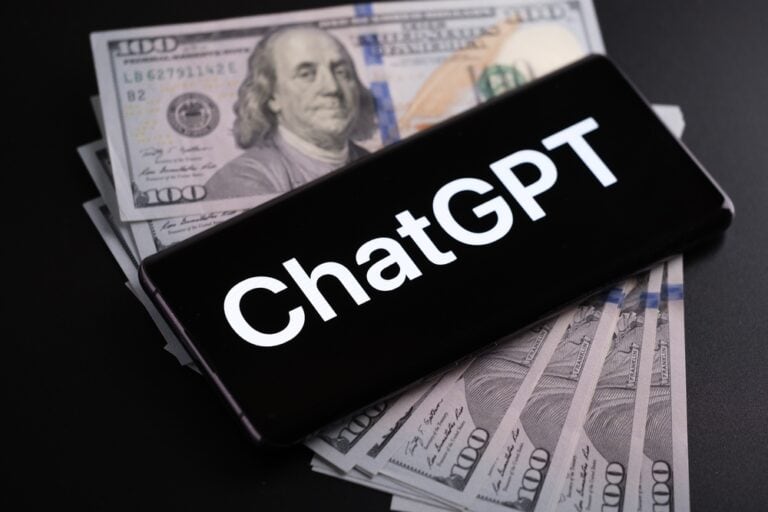OpenAI has acquired AI startup Global Illumination for an undisclosed sum. The latter company will start contributing to all of OpenAI’s “core products,” including ChatGPT. Despite this news, a dark cloud continues to hang over the finances behind CEO Sam Altman’s company.
In terms of its field of expertise, Global Illumination is not immediately the most obvious acquisition for OpenAI despite the focus on artificial intelligence. For example, it produced an online game called Biomes, which is highly reminiscent of the wildly popular Minecraft. It has also contributed to YouTube, Google and Pixar, among others. OpenAI summarizes these contributions as “creative tools, infrastructure and digital experiences.”
New step
It represents a new development at OpenAI, and may be the beginning of several acquisitions. From a distance, it looks like the company is in good shape. The very lucrative Microsoft deal was massive news, as the Redmond tech giant paid $10 billion to be allowed to use OpenAI technology in their products. The rest is history: Microsoft puts a Copilot in virtually every product, something that would never have been possible without the deal.
Still, even 10 billion is not an infinite amount. For example, developing the first version of ChatGPT is said to have cost $540 million, while the daily cost of running it is $700,000. Those that are particularly good at math will already know that that amounts to $255.5 million annually. That figure doesn’t even include the vast team of developers who each receive salaries in the hundreds of thousands of dollars.
Earnings model
ChatGPT may have signified the ignition of this year’s AI hype, but its popularity has invariably declined in recent months. However, this may have had to do with the fact that scholars and students are now less likely to use it due to being out on holiday. Still, it remains to be seen whether its popularity will return – and whether that even is a desirable outcome for OpenAI, as free users are of little use to it. Its revenue model is now partly based on a paid service that promises greater accuracy and functionality with the GPT-4 model instead of GPT-3.5. The company has not commented on revenue from this particular service.
Major revenue streams will have to continue to come from the numerous API deals the company has struck. Parties such as Salesforce, BuzzFeed, Atlassian and Shutterstock will pay dearly for the new AI capabilities. With such revenues and paying ChatGPT Plus subscribers, there is certainly hope for the company. Still, the picture is thus less rosy than the headlines suggest.
Also read: Microsoft and OpenAI frustrated over each other’s chatbots
